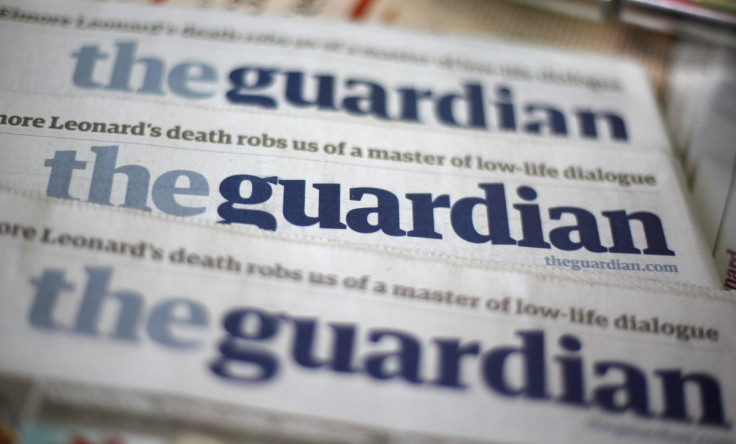Guardian Media Group expected to report record annual losses
The Financial Times, the Daily Mail and Mail Online are also facing a decline in print advertising revenues.

The Guardian Media Group (GMG), which owns various operations including The Guardian and The Observer, is expected to report a higher than expected full-year pre-tax loss of £173m (€206.95m, $227.04m), this week. This is in part because of £20m in restructuring charges, an £80m write-down in the value of its magazine and events company, Ascential, and a fall in print advertising revenues.
The restructuring charges are related to severance payments after making 250 job cuts in the 2015-16 financial year. In its struggle to raise revenues amid the tough advertising environment, GMG faced losses in its print publications, leading to the job redundancies. Apart from its initial target to cut 250 jobs, an additional 70 journalists are said to have decided to leave the company through voluntary redundancies, after its cost-cutting announcement, according to the Financial Times.
The record loss which GMG is expected to announce comes amidst its claim of having 167 million monthly unique browsers in June and its launch of digital editions in the US and Australia. While it hopes to generate more digital revenues, its launch comes at a time when competition for advertising from internet giants Facebook and Google is intensifying.
As for Ascential, GMG and private equity fund Apax had acquired the magazine firm for £1bn in 2008, when it was known as Emap. While GMG had then owned 32.9% of Ascential, Apax owned the remaining stake. The duo listed Ascential, after which both their stakes in Ascential dropped, according to a news report.
While Apax is said to have written down the value of its stake many years ago, GMG is expected to take the same action, this week. GMG will report the asset write-downs and restructuring charges as exceptional items.
GMG is not the only media company to take a hit in print advertising. Other newspapers, including the Financial Times and DMGT-owned Daily Mail and Mail Online, are also said to be affected.
© Copyright IBTimes 2024. All rights reserved.





